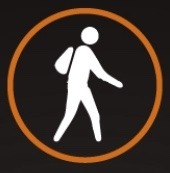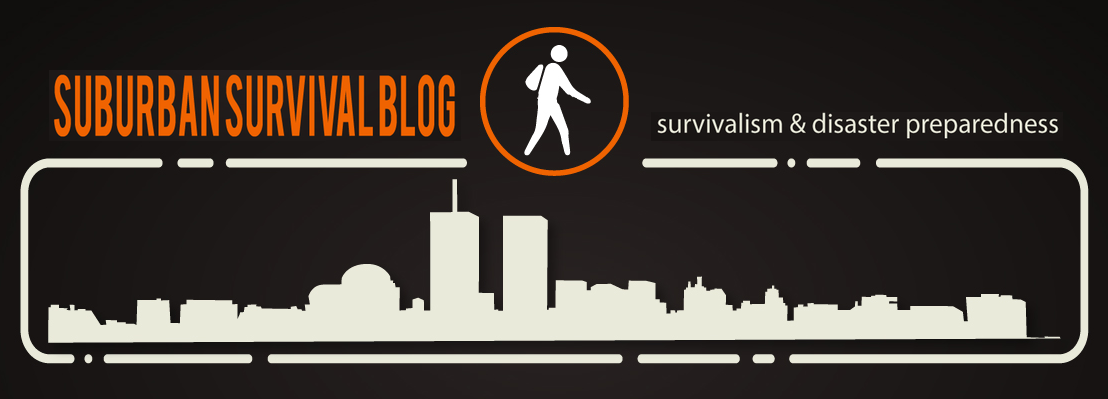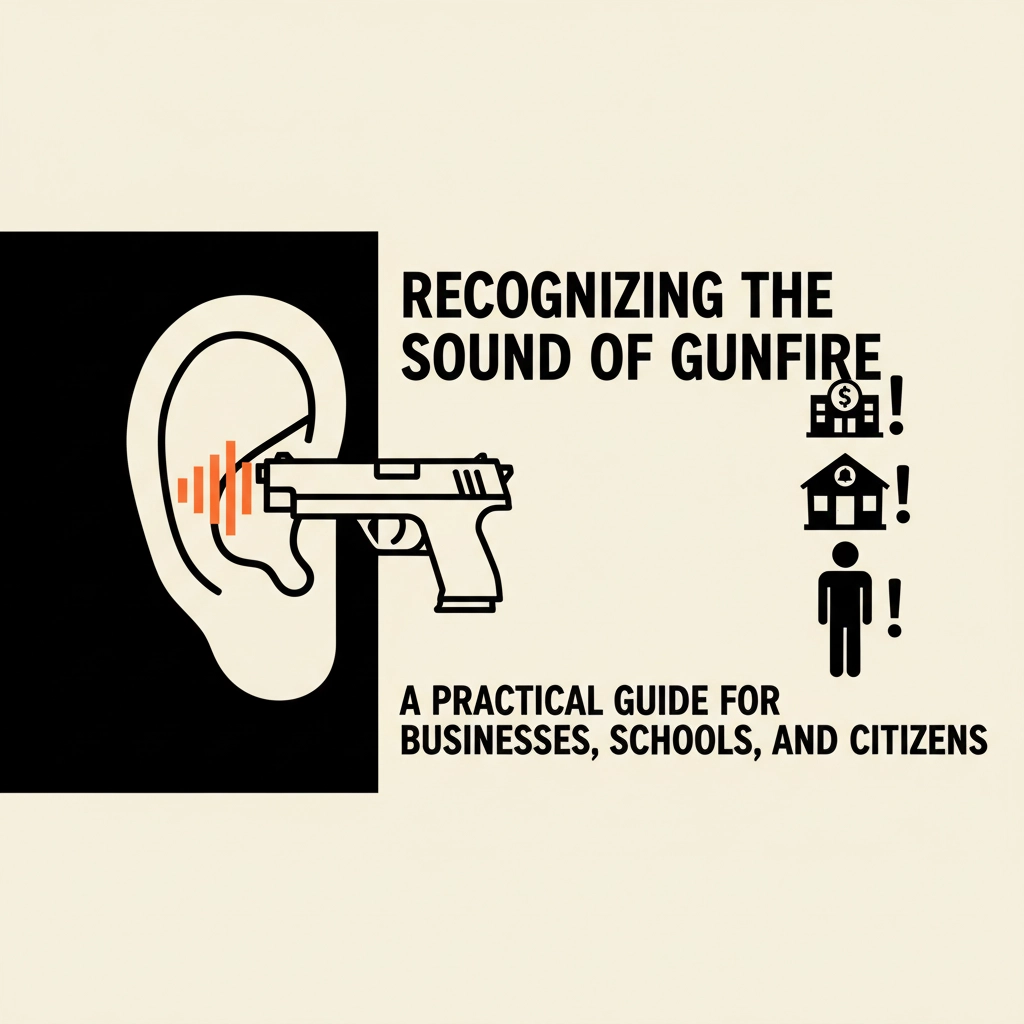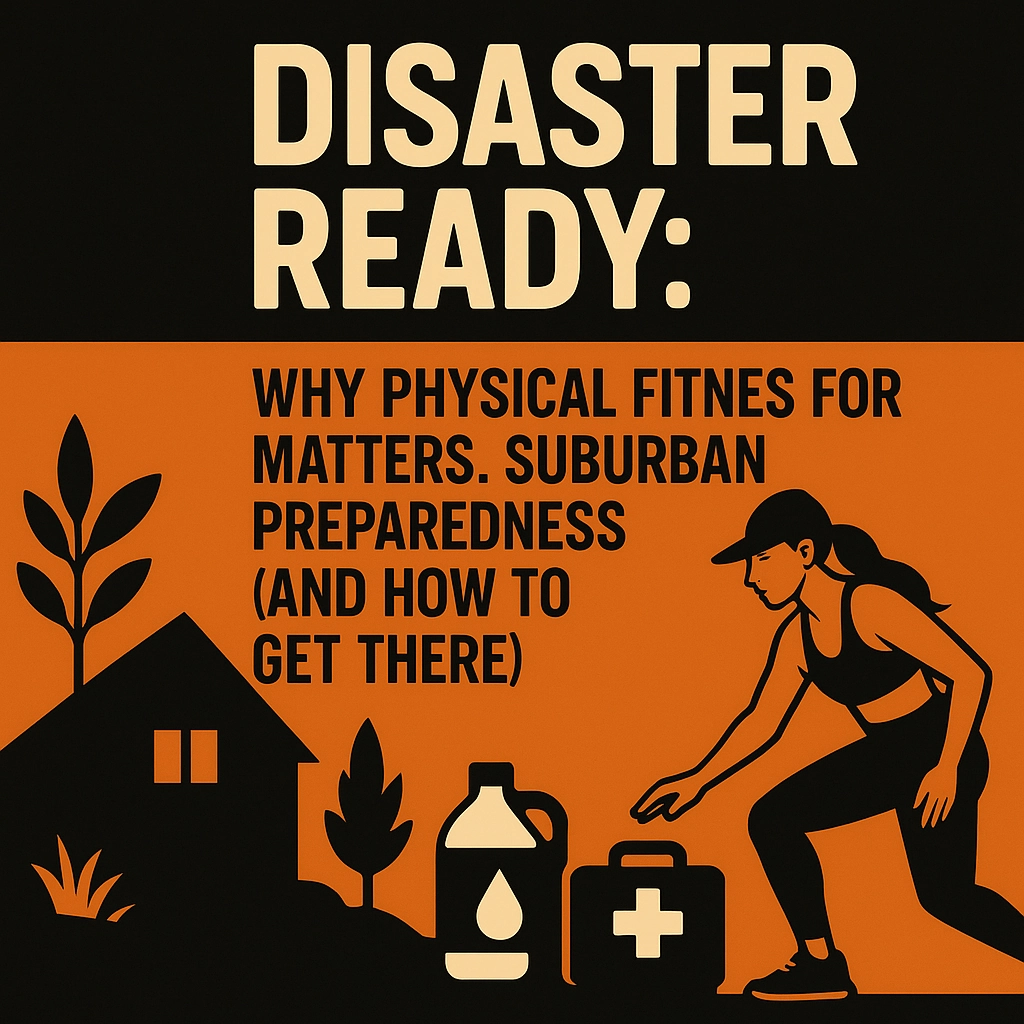I am going to preface PrepperJim’s post today with a brief statement, and say that I really personally enjoyed this post, as it let me know that I was not alone in making my own mistakes. Making mistakes is how many of us learn, especially when we have no one else to bounce our thoughts off of.
I introduced myself in the last post. Today, I will share my path to urban preparedness.
So what is the first thing I did when determining I needed to prepare? Made mistakes. A lot of them. I:
- Looked around at the state of the world and my lack of preparation and panicked, if only a small amount and for a limited time.
- Amazon and started buying stuff I thought I needed to survive the end of the world as I knew it. Some of the stuff was good and exactly what I needed. Some of the stuff was unnecessary or inappropriate for my situation and almost all was more expensive than it had to be. I also bought kits of stuff like a tactical trauma first aid kit with absolutely no idea what is in it or how to use it.
- I did not think before acting, deciding to let others do my thinking for me via their prepper experience and preparations.
- I tried to rush and do everything at once, thinking the world would end before I was prepared for it.
- I utterly failed to get my wife involved in the preparation process.
Now that I realize I made all these errors and probably some I am not aware of, what I did not do was beat myself up. When I finally took the time to use metal energy instead of financial energy, I took one step back and learned from each and every one of these errors. None were fatal nor did I go into debt to buy gear as a result of fear. The lesson is: when you are prepping, you will make mistakes. Learn from them all and continue to get better!
So, if I could turn the clock back to the fall of 2010 this is what I would have done?
- Get my mental state right. In any situation where there is a strong emotional reaction, taking a deep breath, examining the emotions that are happening, acknowledging the emotions, and evaluating if that emotion is appropriate is the first step. It is a fallacy that emotions can be ignored or suppressed. They cannot. Certainly, one can deny you are afraid and act bravely, but that denial will only last a short time before it resurfaces. A better approach is momentarily step outside your head and examine, acknowledge, and evaluate. So, I was appropriately afraid, but failed to evaluate if my fear was appropriate or what i should do about it.
- Read more about prepping in an suburban environment: I read so much about bugging out, having a bug out location, bug out bag, EDC, long-term food storage, guns to product your preps, etc etc that it was really affecting my thinking. It was totally inappropriate for my situation living in Houston, Texas. No only that, I have nowhere to go should an emergency happen that it would be pointless to have maps, three different routes and rendezvous points. It does not hurt me to have that information for the future when I might have an acre of land outside Austin or friends in east Texas that would not shoot me when I show up at their rural property, but it is still totally inappropriate with my state of preparation. If I could have done it differently, I would have thought of my personal strategy and what I could possibly accomplish in a short time period instead of thinking about that BOL outside Austin.
- Set short, medium and long-term goals for prepping instead of trying to do everything at once. If I had been thinking, I would have used my brains to create a set of plans for what I wanted to accomplish short-term, medium-term and long-term. For instance, it would have made more sense to plan for five days of no services and bugging-in to my home than to research how to store wheat for 20 years. It would have made more sense to start storing water and food rather than buying a generator and a portable AC to keep the house cool if we lost power. Sure, Houston is hot during the summer, but my wife, dog, cats and I would likely not die if we lost power and, therefore, AC for a week or a month. We would be uncomfortable, but not dead. A generator and a portable AC are still a good idea for post-hurricane power options, but should not have been on the list before five days of food and water along with a way to have temporary shelter and the ability to make a fire. So, I should have taken the time to create SMART (Specific, Measurable, Achievable, Relevant, and Time bound) goals and a plan to accomplish those goals in order of priority.
- Rushing preparation: Instead of rushing to get preps done (acting out of fear), I should have realized it is better to go slow, but steady rather than rush and make mistakes. The world did not end between November of 2010 and March of 2011 and it is unlikely to end today. While we all recognize the need to improve our ability to survive an emergency, there will always be more to do to prepare. There will always be an unanticipated event or a piece of gear you wish you had when the SHTF. I had to get over the anxiety of not being prepared if X happened at 2 pm tomorrow. I’ve done this by acknowledging the reality that something might happen that I am totally unprepared for and I have to deal with it. In that event, I just have to improvise and deal with the situation the best I can with what I have as well as acquire resources to work through whatever comes.
- Wife involvement: Instead of talking to her about disaster scenarios and trying to get her afraid like I was, I wished I would have toned it down and involved her more in the process. Since we lived in Houston and experienced Katrina, Rita and Ike, it was an easy victory to put preps in terms of hurricane preparedness. She supported the concept and never questioned some of my panic buying. She even supported the preparation of a get home bag for her car. While I enjoy her support, it would be easier if she was more actively involved and actively prepping with me. This is not an irreversible error, just something I need to work more consciously on.
So, as I look back I would summarize my prepper mistakes as:
- Getting my mental state and emotions under control
- Read and learn more about preparation for someone in my individual condition.
- Don’t panic buy gear to make up for gaps in preparation, knowledge and training
- Set goals and make achievable plans.
- Don’t rush
- Get your wife or partner involved through talking, discussion and slow persuasion.









Sounds remarkably like me. …ran around like Chicken Little buying stuff to hold the sky up. Some purchases turned out to be great, while others have me now mumbling 4 letter words. As they say, hindsight is perfect.
This was a great post with some very sage advice for the new prepper. I hope folks getting started take the comments to heart. They will save them a lot of frustration and money down the road.
Glenn, I think many of us started off this way. We get excited and it is a little like information overload, so we spend money on things we “think” we’ll need vs. plan and execute.
I heard someone on a podcast say that Americans are used to buying their way out of problems and that is what preppers often do. That was a light bulb moment for me because that is exactly what I did.
Thank you for such a timely post. I was in the midst of making each and every one of these mistakes (almost verbatim) that I woke up physically ill this morning. Now I know I need to step back, reevaluate, and incorporate these course corrections, starting with #1 (getting my head on straight!). I’m confident that I’ll be a stronger prepper for it.
I appreciate the feedback.
One other thing is don’t beat yourself up when you have made a mistake beyond the initial “oh crap” moment. When you move past that, turn it into “what did I learn?”. For instance, I bought a lot of gear and am moving into guns and training. I almost bought a Bodyguard 380 for concealed carry, but have been talked out of it via another forum I participate in. As a result, I have begun evaluating what the best CC weapon is for me. This has forced me to look at what I need and what fits my purpose. Since I don’t have a CCL, I have the time to evaluate. If I get a CCL, I can still carry a .357 until I get a better gun.
So true-when first getting started you feel like you need all this gear to survive. We were tempted to pick up a generator for hurrican preparedness, but talked ourselves out if it, since it would be too noisy for an apartment. Glad we didn’t. Thanks for the helpful advice.
For an apartment person, focusing on water and food will serve you well. You might consider some sort of storage batteries that can be charged when the grid is on so that when the grid goes off, you can at least have some light. Regular batteries can do this too. The portable AC draws too many watts to run off any battery system so a generator is the only way to go. Of course, having a plan to get out and stay out when a hurricane comes is a good course of action.
#5 is really hard to do. 🙁
I could write extensively on this. I had a breakthrough moment with my wife and preps this past weekend. I think she is understanding a little more about the way I think. Of course, I am trying to understand her better too. It does not hurt that our finances are in good shape so money is not the issue. I am being responsible with what I buy so that is not an issue either.
Sometimes I think she accepts it (tolerates really) and then other times — like to night — she finds something I’ve bought and blows a gasket.
I never tell her ‘no’ on what she wants so she can’t say I’m taking resources away from other family things.
I dunno. I have to keep domestic tranquility but I do have a responsibility to my family whether they appreciate it now or not.
Learning how to tune your mind into a state of relaxed awareness will keep you alive much longer than all of the survival gear in the world. Think of defensive driving…you are in tune with your environment and your subconscious. You can remember your entire drive without a problem. If you can learn how to operate your mind in that fashion whenever you are away from home your chances of survival will increase exponentially.
Now I’m not saying that you shouldn’t buy survival gear, it’s just that you can’t use it if you are dead because your awareness level was diminished.
Good advice.
Exactly! I could have a CCL, but it would not help if I drive through gangland, have a flat tire and have to take on 30 guys with bats. Being aware of your environment and staying awake is 80% of the battle!
I think its safe to say we have all made mistakes in our preps… I know I have wasted money on gear and some stored food has gone to waste. Thankfully however, my large purchases (firearms, generators, freeze dried food, etc) have all been well thought out. Jim gives some good advice… the best of which is getting yoru significant other involved, after all two heads are better than one.